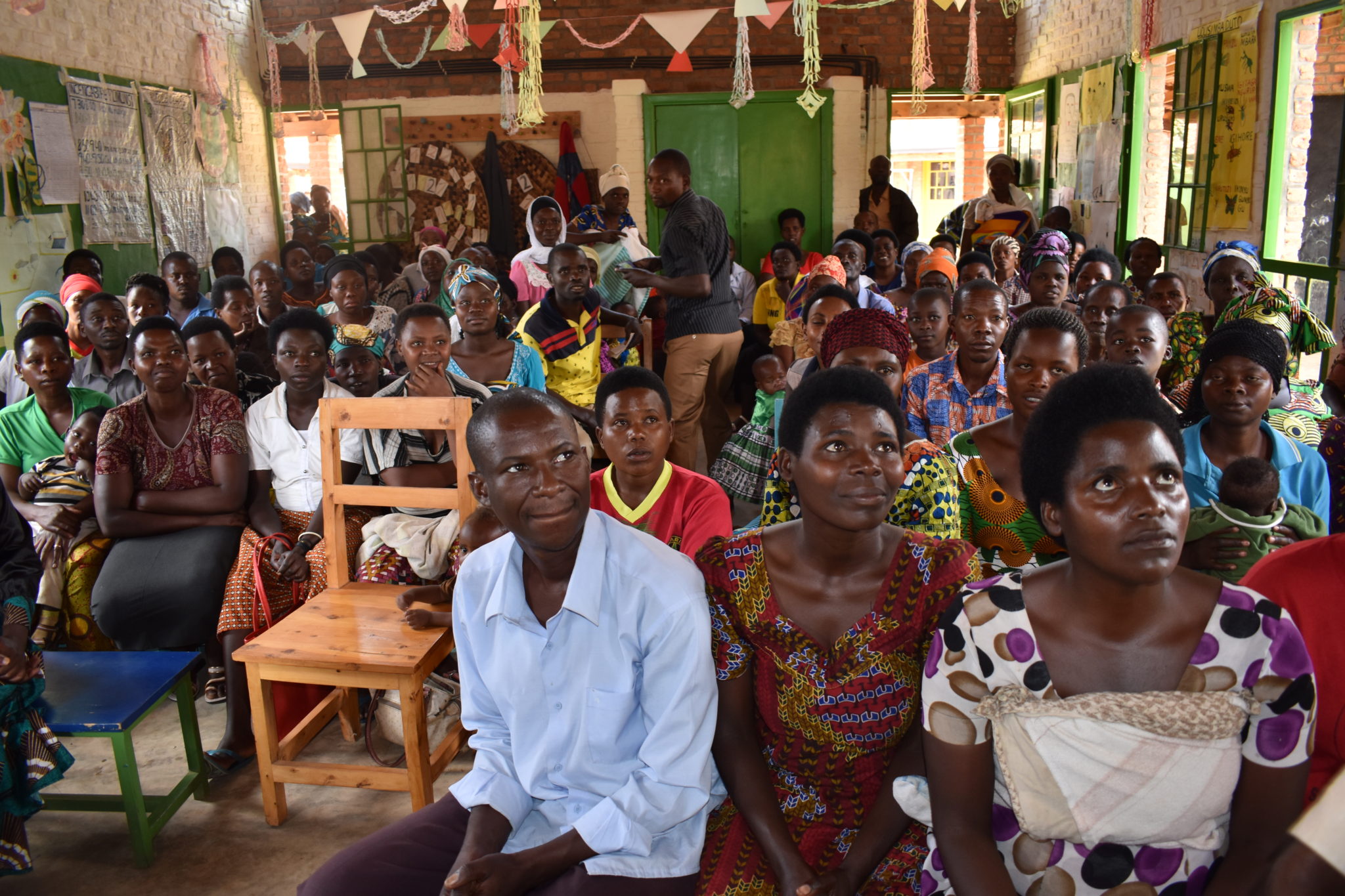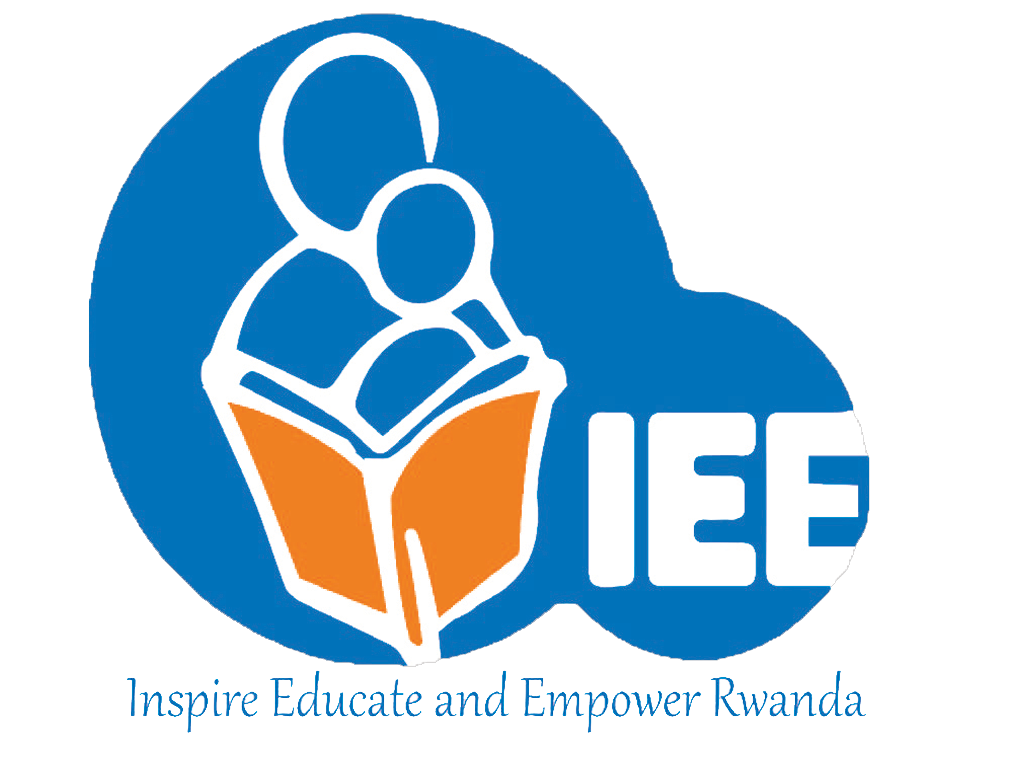OUR PHILOSOPHY
IEE believes that to succeed in a rapidly changing world, individuals need to advance their knowledge, skills and attitudes throughout their lives. All IEE programming is grounded in its operational philosophy. IEE believes that to succeed in an uncertain world, all individuals regardless of their race, religion, nationality, gender, political interests, need to advance their knowledge and skills throughout their lives. Education systems need to lay strong foundations for this, by fostering appropriate knowledge, skills and attitudes and strengthening the capacity and motivation of learners to continue learning beyond school.
IEE determines that essential 21st Century skills should be the bedrock of every programming in education, at all levels. Learners should be equipped with the following skills so as to be able to cope with changing environments:
- Oral and written communication skills
- Social responsibility and ethics
- Global and cultural awareness
- Collaboration and teamwork
- Civic literacy and citizenship
- Flexibility and adaptability
- Creativity and imagination
- Technology literacy
- Information literacy
- Critical thinking
- Problem-solving
- Leadership
- Initiative
It is appreciation of these skills as essential to all learning, that makes IEE a strong advocate for competency-based teaching and learning. This has given IEE a competitive edge as a local collaboration partner in education, complementing policy and practice at both national, provincial and local levels in all of Rwanda’s thirty districts.
IEE programming complements Rwanda’s Ministry of Education’s mission of transforming the Rwandan citizen into skilled human capital for socio-economic development of the country by ensuring equitable access to quality education focusing on combating illiteracy, promotion of science and technology, critical thinking, and positive values.
Equipping learners with lifelong learning skills is what IEE School-based Teacher Training promotes through: teacher support in lesson preparation, co-teaching, classroom observation, providing constructive feedback to teachers for professional development, and creating learning materials for learners to actively engage in their own learning, hence developing a curiosity to become lifelong learners. In Rwanda, in its broader context, IEE’s work is premised in the context of the government/ Ministry of Education’s scope of operations. IEE’s primary goal is to support the Ministry of Education in achieving its mission of transforming the Rwandan citizen into skilled human capital for socio-economic development of the country by fostering critical thinking and English language skills according to Education Sector Strategic Plans.
OUR VISION
An internationally distinguished partner in education, providing innovative, situation-specific interventions to realities in education, towards a world where all children, in all nations, have opportunities, tools and abilities to learn and fulfil their dreams.
OUR MISSION
Creating situations for lifelong learning skills through customized support to teaching and learning, ensuring that teachers are prepared and able to teach, and learners are enabled to learn, beyond confines of classroom environments.
Our mission is informed by our core values.

IEE CORE VALUES
- Quality teaching and learning are the focus of our work.
- We acknowledge that professional development for teachers is personally demanding and requires continued, ongoing support.
- We believe that fostering critical thinking at all levels and in all subjects will produce the creative and flexible thinkers that nations need in the 21st century.
- We believe that all students are entitled to dynamic, participatory and thought-provoking learning environments.
- We value collaboration and exchange of ideas with other local and international organizations dedicated to improvement in education.
- We use data to refine and improve our project design and stay open to new trends.
- We believe that exemplary professional development contributes to higher student achievement.
- Building leadership capacity at all levels is key to our work.
